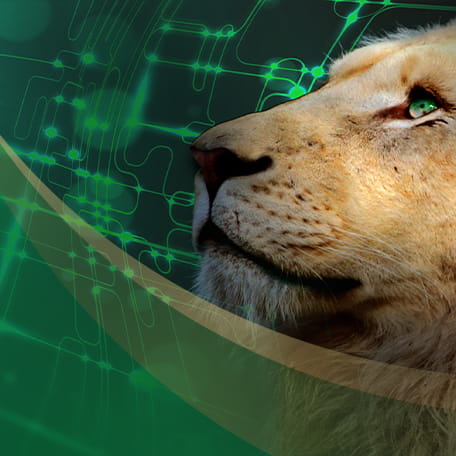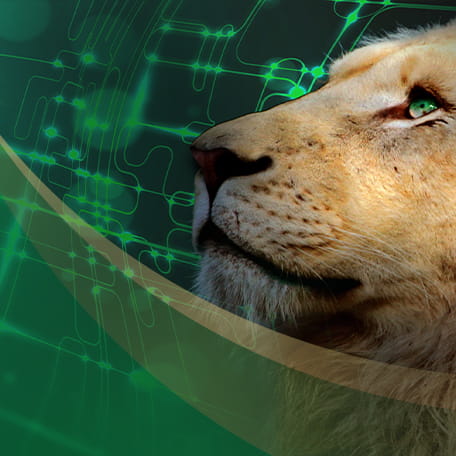The Fund’s A4 share class returned 2.0%* in euro terms in July. The Fund’s comparator benchmarks, the MSCI Europe Index and HFRX Equity Hedge EUR Index, returned 1.9% and 0.4% respectively.
Despite a mid-month wobble triggered by growing concerns over the spread of the Delta variant of Covid, European equity markets rallied to notch up a small gain for the month. Within this, IT (+5.6%), materials (+4.5%) and real estate (+4.5%) were the strongest areas but energy was the biggest laggard (-3.2%) by some margin.
The oil price was broadly flat on the month, finishing at US$76.3 a barrel, but there was some intra-month volatility on the global growth concerns and following an Opec meeting at which the cartel decided to restore output to pre-pandemic levels, but only by the end of 2022.
The pattern of equity market returns was not mirrored by bond markets – the mid-month dip in investor sentiment drove yields down but they did not rebound as equities recovered. Partial explanation for this pattern could be found in the key central bank policy announcements during the month: firstly, the European Central Bank said it could tolerate inflation temporarily higher that its new 2% target, opening the door for loose policy to be retained; and the US Federal Reserve commented that, although progress had been made towards its employment and inflation goals, it was still too early to tighten policy.
Turning to look at recent developments within our investment process, we’ve been observing a steady climb in one of our contrarian market indicators: corporate aggression. Rising aggression is a signal that company managers are becoming too optimistic about the outlook for growth and are backing these bold forecasts with substantial investments in operating assets. When combined with share valuations that are high on average, as they are now, this can be a warning sign.
As a result, we anticipate the opportunities for the Fund’s short book to be attractive over the next 12 months. In particular, there are pockets of the market where valuation dislocations are extreme, with some stocks scoring poorly against our cash flow criteria but still trading at exorbitant share price valuations. These are mostly found among stocks we classify under our ‘secondary score’ system as possessing Recovering Value or Growth characteristics.
In order to capture this opportunity, we have increased the size of our short position in the Fund to nearly 80%, up from around 50% at the turn of the year while the net market exposure has fallen from 66% to around 58%.
In July, returns from the short book were good, making a positive contribution to the Fund’s performance despite the rise in European markets. Highlights included share price falls triggered by disappointing trading updates from a Norwegian developer of learning games and a Norwegian krill harvester, while shares in a high-profile spaceflight operator dropped sharply after it announced a large fund-raising the day after a successful test-flight.
Within the long book, market research company Ipsos (+13%) was one of the better performing holdings. It reported interim revenue of just shy of €1bn – organic growth of 32% over 2020’s level and 14% higher than 2019. It has seen a very robust recovery in all regions, which has been matched by only a moderate 8% increase in payroll, resulting in a strong gearing effect on operating profit – up from €25m to €109m.
Having made gains in June on the back of an upbeat trading statement, shares in Belimo (+13%) made further headway after July’s release of interim results. It guided towards year-on-year net sales growth of about 10% in its trading update but went on to report a 17% local currency gain. The Swiss air-con actuator manufacturer commented that a faster-than-expected rebound in construction activity had driven a rapid return to above average sales growth.
Pump manufacturer Concentric (+12%) also rose. Its Q2 results showed a 45% constant currency year-on-year rebound in sales, diluted to 38% in reported terms by the strength of the Swedish krone. Demand for its engine and hydraulic products has improved as the year has gone on, with raw material supply now one of the main constraints on short-term growth. Reported sales rose 10% on Q1, and the company stated that orders received and expected to be fulfilled in Q3 are significantly higher again over the Q2 level.
Long book detractors included Lundin Energy (-11%), which slipped on the announcement that it would be taking Q2 income statement charge of US$119m of exploration and appraisal costs that did not yield a commercial discovery. Later in the month it released interim results that displayed strong operating trends: record Q2 revenue of US$1.3bn (following an average realised oil price of US$68 a barrel) and record free cash flow of US$949m.
Another faller was catering and support services group Elior (-8.3%), which with around half its revenues generated in France, may have been viewed as one of the more vulnerable to the spike in Delta Covid cases in the country and the imposition of any associated public health restrictions. Late in the month, Elior issued Q3 results showing a 39% year-on-year bounce in revenues to now sit at 74% of the pre-Covid comparable (March – June 2019).
Discrete years' performance** (%), to previous quarter-end:
|
Jun-21 |
Jun-20 |
Jun-19 |
Jun-18 |
Jun-17 |
|
|
Liontrust GF European Strategic Equity |
36.9% |
-15.5% |
2.5% |
3.0% |
5.3% |
|
MSCI Europe |
27.9% |
-5.5% |
4.5% |
2.8% |
18.0% |
|
HFRX Equity Hedge EUR |
19.0% |
-4.5% |
-6.3% |
3.5% |
6.0% |
*Source: Financial Express, as at 31.07.21, total return (income reinvested and net of fees). Non fund-related return data sourced from Bloomberg.
**Source: Financial Express, as at 30.06.21, total return (income reinvested and net of fees).
Key Risks





